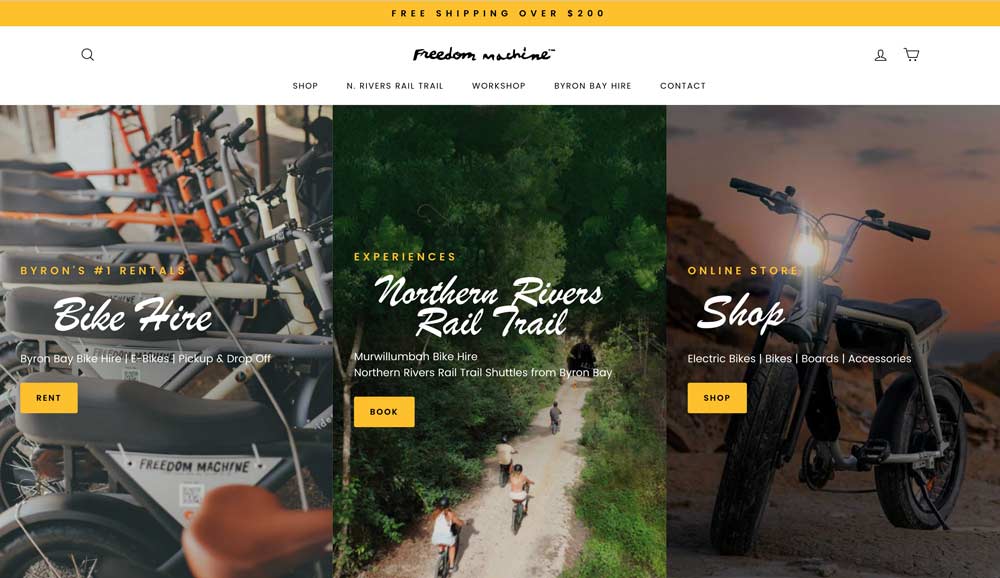Methodologies for Mapping Current Systems
Gain clarity on how your systems connect—and where they’re slowing you down.

When mapping current systems like websites, POS, booking systems, and their interconnections, you should consider the following methodologies to ensure smooth integration, reduce redundancy, and support future growth:
Business Process Modeling (BPM)
- Purpose: Visualizes and documents the processes within an organization, including interactions between systems.
- Tools: BPMN (Business Process Model and Notation), flowcharts.
- Outcome: Clear understanding of how different systems and processes interact and support business goals.
Systems Mapping
- Purpose: Provides a high-level view of system components and their relationships.
- Tools: System diagrams, network diagrams.
- Outcome: Visualization of how systems are connected and dependencies between them.
Customer Journey Mapping
- Purpose: Illustrates the user’s experience across different touchpoints, including interactions with various systems.
- Tools: Journey maps, user personas.
- Outcome: Insight into how different systems impact the user experience and identify pain points or opportunities for improvement.
Flow Analysis
- Purpose: Analyzes the flow of information or transactions between systems.
- Tools: Data flow diagrams (DFD), sequence diagrams.
- Outcome: Understanding of how data moves between systems and identification of bottlenecks or inefficiencies.
Value Stream Mapping
- Purpose: Focuses on the value delivery process across systems, identifying areas for improvement.
- Tools: Value stream maps, lean principles.
- Outcome: Highlights how value is delivered through systems and processes, aiming for optimization.
Stakeholder Mapping
- Purpose: Identifies and analyzes the needs and influences of stakeholders involved in or affected by the systems.
- Tools: Stakeholder maps, influence-interest matrices.
- Outcome: Better understanding of stakeholder requirements and priorities for system integration.
Gap Analysis
- Purpose: Identifies gaps between current system capabilities and desired outcomes or future state.
- Tools: SWOT analysis, gap analysis matrices.
- Outcome: Insight into areas where systems need to be enhanced or integrated to meet business objectives.
Scenario Planning
- Purpose: Develops and evaluates different scenarios to understand how systems might perform under various conditions.
- Tools: Scenario maps, risk analysis.
- Outcome: Preparation for potential future challenges or changes in system requirements.
Applying these methodologies helps you gain a comprehensive understanding of how current systems operate and interact—enabling more effective solutions for streamlining, scaling, and future-proofing your business operations.
System Mapping for a Retail and Adventure Tourism Business in Byron Bay
Freedom Machine, a family-owned business across New South Wales, offers electric bikes, scooters, and accessories both online and in-store. As the largest Northern Rivers Rail Trail e-bike operator, they needed a unified system and brand strategy to streamline inventory and create a consistent online presence.

With multiple inventory databases and incompatible platforms like LightSpeed and Shopify, the digital agency Graham Agency mapped existing systems and explored alternatives. This clarified a path to a centralized Shopify site supporting retail sales, tourism bookings, and bike servicing.
Through workshops and persona mapping, Graham Agency developed tourism offerings—from rail trails to beach rides—visualized with flows and user journeys. Design thinking guided wireframes to high-fidelity prototypes, iterated with stakeholder feedback and market shifts.
System mapping identified inventory centralization, compatibility solutions, and replatforming strategies that reduced redundancy and improved management across retail and hire services.
The result: a modern, SEO-optimized website syncing online and in-store POS, boosting booking conversions, simplifying admin, and delivering a seamless customer experience.
Discover how the digital agency Graham Agency’s system mapping and integration strategies can streamline and scale your business operations.
View case studyWe’re Knowledgeable in Methodologies for Mapping Current Systems – Explore Our Services
Ready to Streamline and Scale?
Whether you’re running a Shopify store, managing bookings, or juggling CRMs and POS systems, a clear map of your digital ecosystem is your first step to smarter growth. At Graham Agency, we help businesses like yours connect the dots—eliminating inefficiencies and setting you up for scalable success.
See how we can simplify your systems and support your next stage of growth.
Learn moreLet's build something great
Ready to unleash your business vision?

